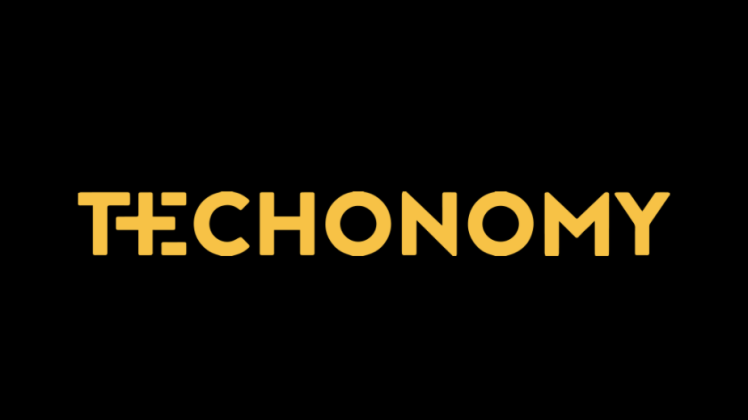In this session from Techonomy 2011 in Tuscon, Ariz., Steve Forbes, Chairman and Editor-in-Chief of Forbes Media, says reforming monetary policy, healthcare, and education will dramatically improve the US economy.
Forbes: Well if you are going to get entrepreneurship again, you have to have an environment that is hospitable to entrepreneurship. One of the key things that is holding this economy back, sadly, is the most boring subject in the world, which is why it doesn’t get much attention, and that is monetary policy. I can see the eyelids getting heavy already. Bernanke, Greenspan, interest rates, ugh. But without a stable currency, you are not going to get growth. Weak dollar means weak recovery. Money is not made by government. Money is organically made by people doing transactions in the marketplace. And when the government starts to muck it up, what happens when you start to trash the dollar is investment goes from things that you don’t see into things that you do see. We could never have had this housing bubble if the Federal Reserve hadn’t gone on a bender, we wouldn’t have had this sovereign debt crisis if the regulatory mistakes had not been made. Just think of it as you would an hour. You have 60 minutes in an hour, imagine if we floated the hour, or if the government trashed the hour the way it trashes the dollar, so you have 60 minutes in an hour one day, 48 the next, 96 the next. You’d soon have to have hedges, derivatives, and futures to figure out how many hours you are working each day. In your handheld you’d have to see, is this an Arizona hour, a Las Vegas hour, a Bangladesh hour? It would just make life immensely complicated. So the key thing is that the dollar has to be stabilized. This Fed is absolutely oblivious to it, so is the current ECB, and others. Number one, boring but essential.
Number two: tax code. We have a horrific tax code. Six and a half billion hours a year filling out tax forms. Stupid. Get rid of it. Put in something like the flat tax. And on the regulatory side, we’re crushing businesses with regulations.
We’re talking about why don’t we have more antibiotics in healthcare? Well, the FDA has made it impossible for companies to develop that in this country. They’re doing it in other areas.
What are the two most dysfunctional parts of our economy? Education and healthcare. You don’t have real free markets. Certainly not in education. Even in higher education, thanks to government, we have a tuition bubble and bloat. Tuition’s increasing twice the rate of healthcare costs, just more staff and the like. That’s got to change. And in terms of healthcare, we have pieces of the healthcare markets that have free markets, but not a lot. And the proof of it is, if you go to a doctor or a hospital or a clinic and you ask in advance what it costs, you are going to get a very strange look. It means either you are uninsured or you are a lunatic. Why would you want to know what it costs? Can you imagine how strange that is? We’ve grown up with it so we don’t realize how crazy that is. But imagine going to restaurants and buying a bottle of wine, saying I don’t care what it costs, let Blue Shield and Medicare worry about it. So the system goes crazy. So in terms of education and healthcare, open it up to free markets, you can put in effective safety nets, and you will see enormous changes in healthcare turning a hopeless liability into the most dynamic growth industry in the world because healthcare is personal.
Steve Forbes on Monetary Policy, Healthcare, and Education
In this session from Techonomy 2011 in Tuscon, Ariz., Steve Forbes, Chairman and Editor-in-Chief of Forbes Media, says reforming monetary policy, healthcare, and education will dramatically improve the US economy.














